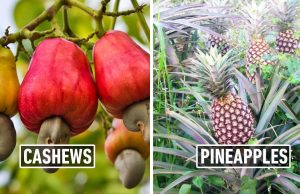
If you thought that eco-friendly, organic gardening means reduced harvest yields, we’re here to tell you you’re wrong. You just need a proper plan. Also, you need to take into account your zone in order to choose the right crops, and then just plant the seeds indoors. When you go for eco-gardening, you can produce plants without the use of toxic fertilizers, pesticides or other chemicals, and make sure they are nutritious enough.
According to Becky Grube, professor of sustainable crop production at the University of New Hampshire, “Yields in a well-managed organic garden will equal or surpass those in a conventional garden.” She also says that “Yields have more to do with good pest management and whether crops receive the nutrients they need than with whether the garden is organic or conventional.”
Another great thing to keep in mind is that these eco-friendly techniques can significantly contribute to making the land more fertile.
The Detox Diet
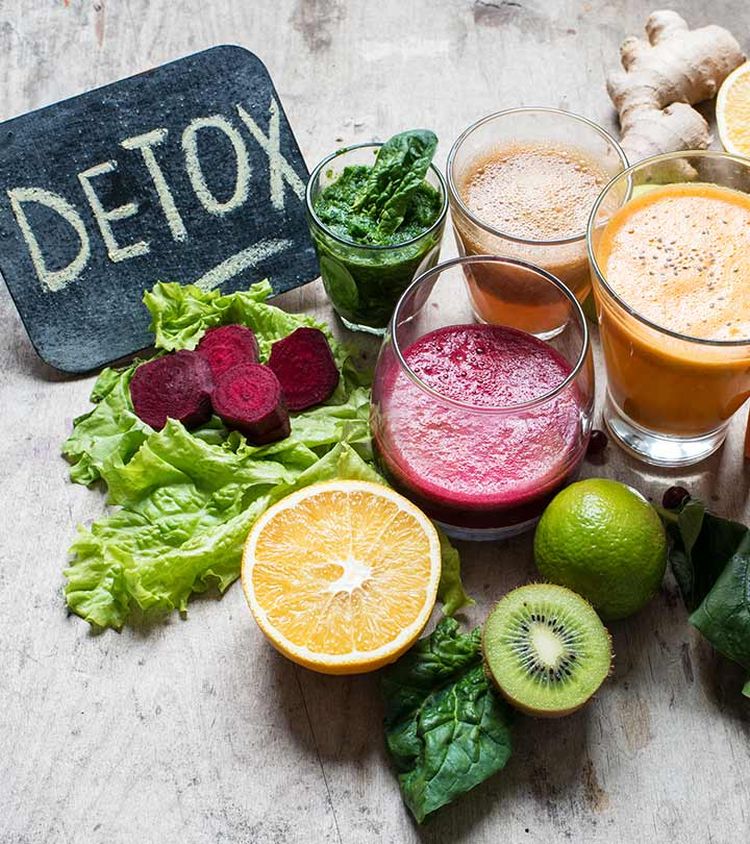
In case you’re still wondering what is it that gives such nourishment to plants, let us remind you of all the hard-working decomposing organisms, such as earthworms, soil bacteria, and fungi, which can break down organic matter and turn it into nutrients that plants use to grow. When you use chemicals to fertilize the soil and deal with pests, you are likely to kill these rather useful organisms and thus the soil will lose vitality.
Garden Planning Done Right
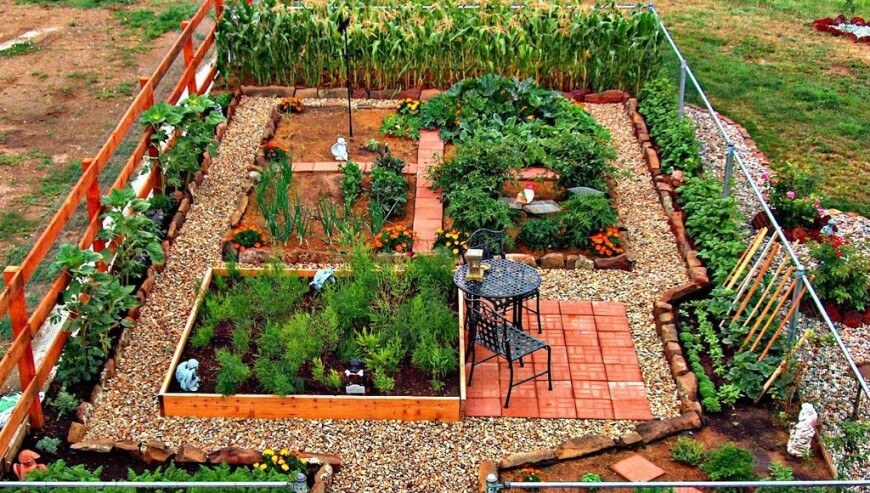
When you prepare your garden, i.e., make the soil full of healthy nutrients, it’s time to start planning what and where you’re going to plant. One thing’s for sure – always avoid genetically engineered plants and seeds treated with toxic chemicals, and buy the organically grown ones instead.
Homemade Organic Fertilizer
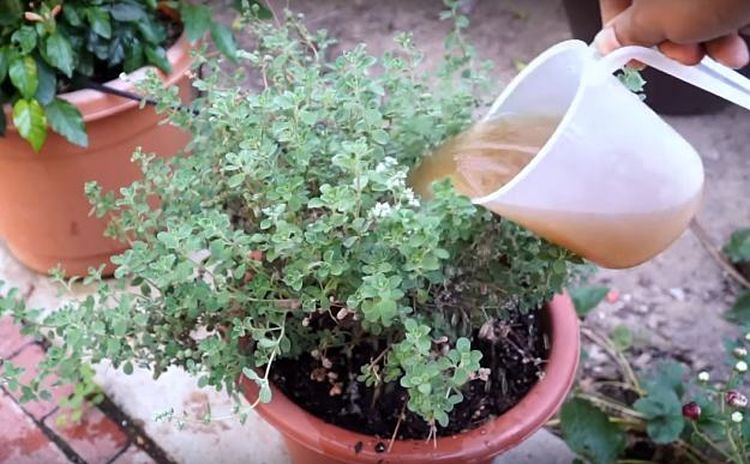
To make a liquid fertilizer, you only need to follow several steps. First, you’ll need to use a strong, coarse fabric like jute or hemp to make a bag. Then, you should fill the bag with chopped dandelions or comfrey leaves, and once filled, it should be tied tight. The next step is to attach the bag firmly to a wooden plank, which is to be put over a barrel of water. You should soak the bag for around 3 weeks if you want the water to become useful liquid fertilizer. Finally, remember to water the soil before you apply the fertilizer.
According to Jacqueline A. Ricotta, PhD, associate professor and specialist in organic crop science at Delaware Valley College in Pennsylvania, “Every gardener should know the first frost-free date for planting and not get seeds and transplants in [the ground] too early. The soil has not warmed up enough and will result in your plants getting a slow start.”
Water the Garden
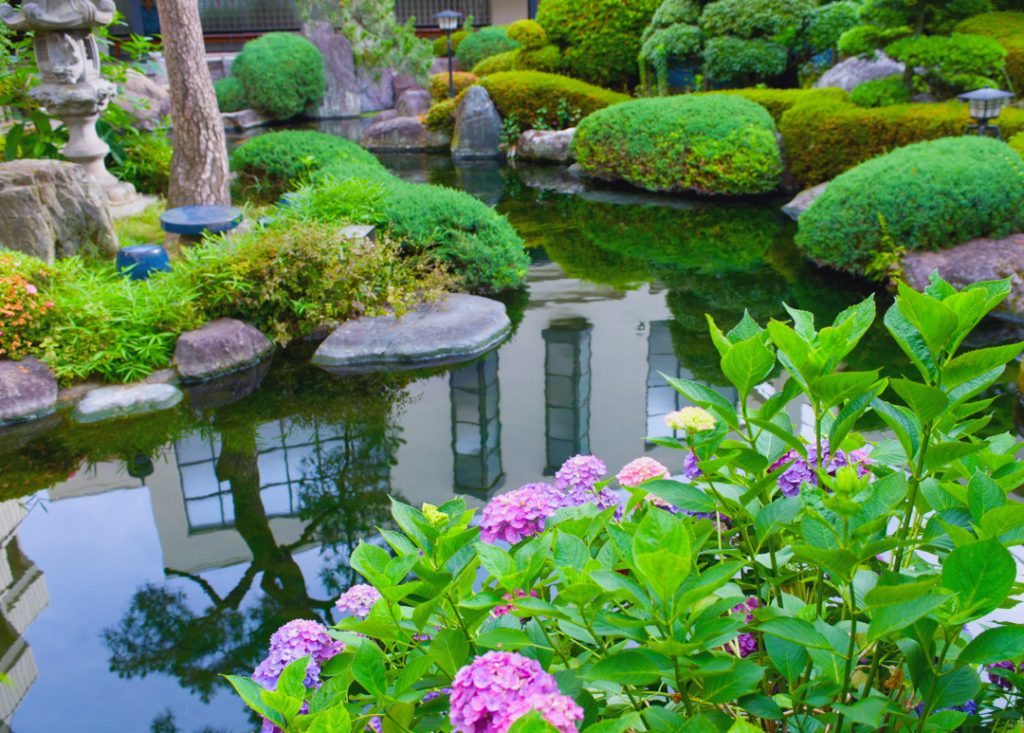
Of course, if you want things to work out, you need to water your garden frequently enough. But, also, remember not to exaggerate, as too frequent watering can also hurt your plants. Another thing you should avoid doing at all costs is to water your plants during the hottest hours of the day. The reason for this is quite simple – if you do so, the water will evaporate before it gets to the roots due to the heat, and it should get to the roots if you want to enable the best possible absorption. The same goes for leaves – if you water them in the mid-day sun, they can easily scorch. But do remember that you shouldn’t do so in cold water, either, as this may cause the plants to chill and become vulnerable to diseases.
Garden Fertilizing the Organic Way
If you want to make your plants stronger and more resistant to droughts and disease (and we’re sure you do), implementing nutrient-rich compost is the way to go. Plus, this will save you from having to fertilize your garden too often. Before you opt for any fertilizer, it might be a good idea to test your soil to see if it needs it. Also, don’t ever forget how much different organic fertilizers are from synthetic, commercial brands. These chemicals can be more accessible to plants when mixed with water, that is true. However, organic products naturally release nutrients slowly which enables continued, vigorous plant growth. As previously mentioned, these will need microorganisms to feed your plants nutrients.







